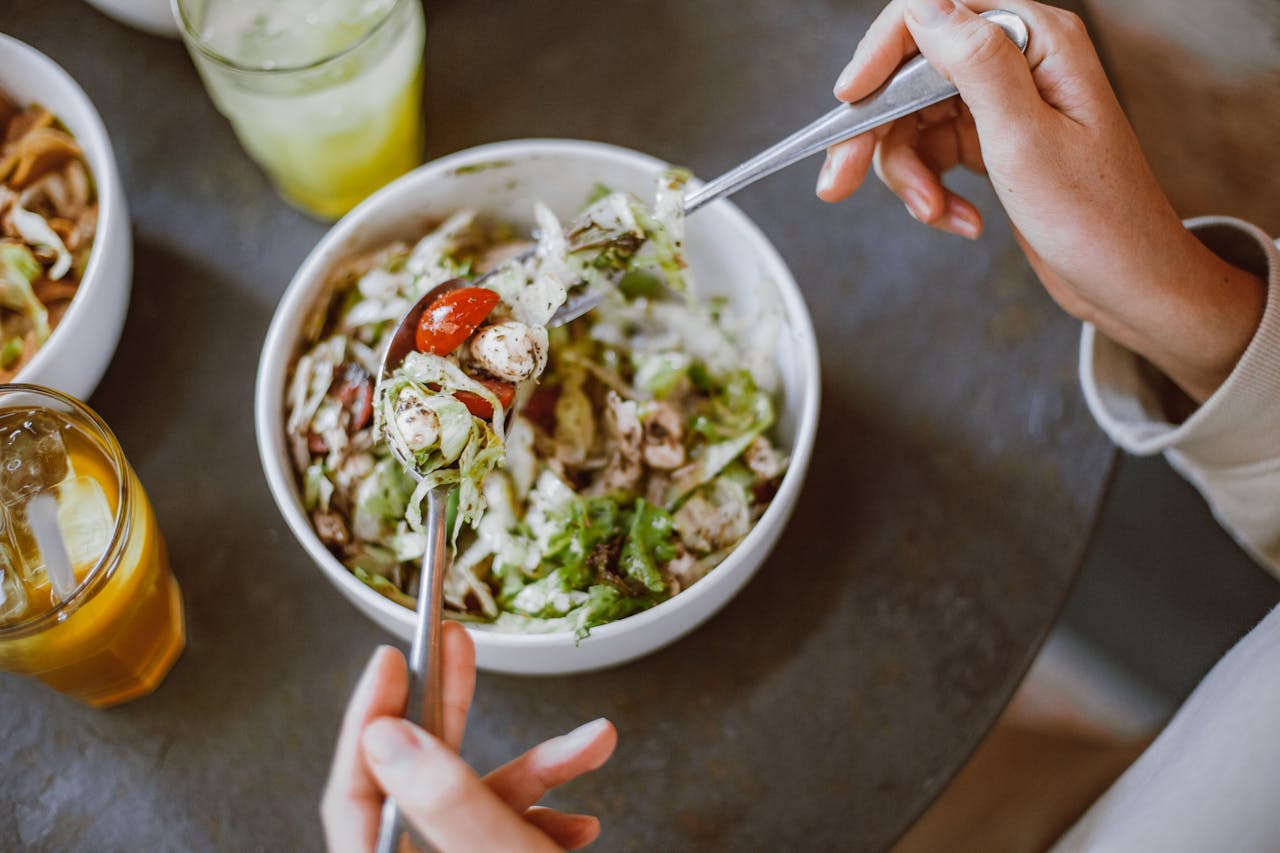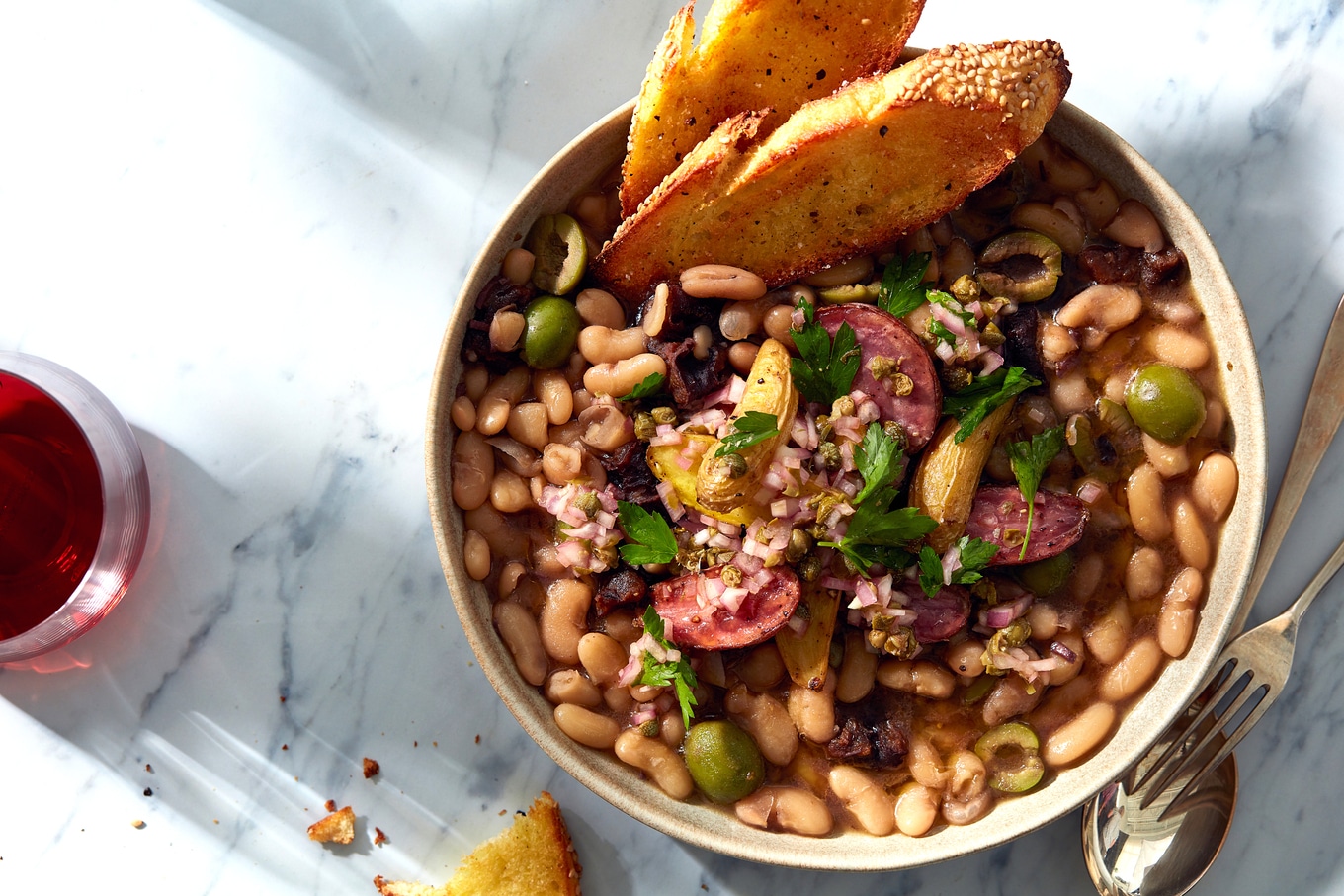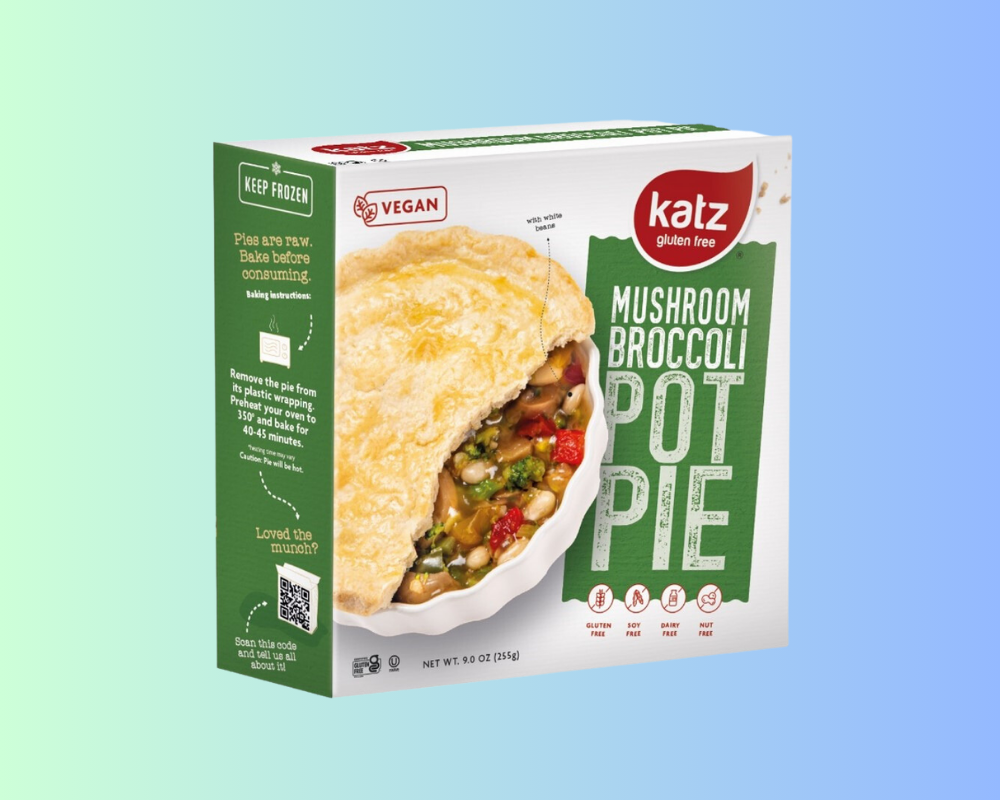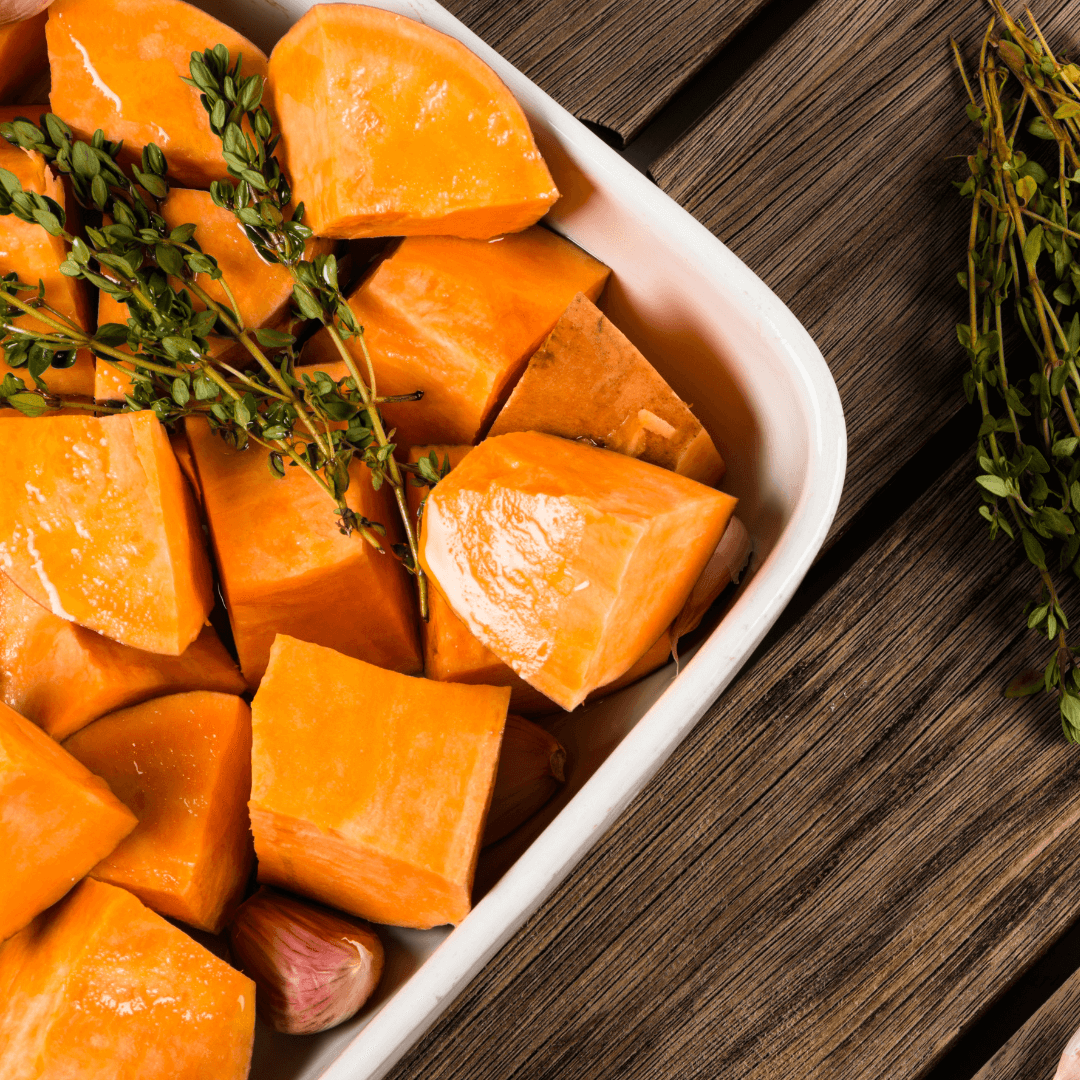Right now, around 26 million women and people with uteruses are living with fibroids in the US. While many don’t experience any symptoms, roughly 15 million Americans are dealing with heavy periods, lower back pain, constipation, and frequent urination as a result of these non-cancerous growths made up of muscle and fibrous tissue in the womb. So if this is you, you’re far from alone.
There are some medical treatments available for fibroids, but could dietary interventions help too? Possibly. Let’s dive in.
Table of Contents
Do fibroids need treatment?
If fibroids are small and not causing any symptoms, they can often be left alone. “In most cases, treatment isn’t needed,” explains Noreen Iftikhar, MD, for Healthline. “Your doctor may recommend waiting and watching to see if the fibroids go away on their own.”
However, if they are causing debilitating symptoms, treatment options are available. For example, in the UK, a new tablet called Linzagolix has been offered to help control the release of hormones like estrogen and progesterone, which are linked to the growth of larger fibroids.
“I am pleased we have been able to recommend a further treatment option for managing moderate to severe symptoms of uterine fibroids,” Jonathan Benger, the chief medical officer and deputy chief executive of the National Institute for Health and Care Excellence, told the Guardian.
Pexels
“Uterine fibroids can have many debilitating symptoms including pain and heavy menstrual bleeding,” he continued. “If left untreated they can lead to infertility and have a substantial effect on quality of life.”
Other treatments include the contraceptive pill, anti-inflammatory tablets, and other medications designed to shrink the fibroids.
Currently, there isn’t a significant amount of research into what causes fibroids and how to prevent them. According to the Society for Women’s Health Research, in 2019, fibroid research received around $17 million in funding from The National Institutes of Health, which placed it in the bottom 50 of 292 funded conditions.
However, there is some research to suggest that diet may play a role in helping to manage and maybe even reduce the risk of fibroids developing.
 Pexels
Pexels
Is it possible to manage fibroids with diet?
“There haven’t been many studies looking specifically at the effectiveness of fully plant-based diets for managing fibroid symptoms or shrinking them,” Stephanie Wells, MS, RD, ACSM-CPT of Thyme to Go Vegan Nutrition Services, told VegNews. “However, whole plant foods contain many beneficial compounds and nutrients which are likely to help.”
Leafy greens, for example, are high in folate and B vitamins, which can help to regulate hormonal balance and potentially reduce the risk of fibroid growth. Cruciferous vegetables like broccoli, cauliflower, and kale also contain compounds called indoles that may help to regulate estrogen levels in the body, as well as phytochemicals.
“Plant-based foods contain unique compounds called phytochemicals,” explains Wells. “Phytochemicals like flavonoids in berries and carotenoids in sweet potatoes help induce cell apoptosis, which is fibroid cell death, reduce inflammation, and interfere with fibroid development.”
“There’s no guarantee that certain foods will prevent or shrink fibroids in everyone. But a healthy diet provides many health benefits that will help you feel your best. It could help boost your energy levels and help you achieve a healthy weight. You’ll also lower your risk of heart disease, diabetes, and cancer.” —Megan Billow, DO
Plant-based whole foods are also, crucially, a good source of fiber. “Fiber plays a critical role in calming chronic inflammation and keeping blood sugar levels in check, potentially helping to make the reproductive tract less conducive to fibroid growth and recurrence,” adds Wells.
Research suggests that getting enough vitamin D, reducing alcohol intake, and avoiding processed meats might help, too. “In some studies, people with uterine fibroids reported eating more red meat and ham than people who didn’t have fibroids,” Megan Billow, DO, told the Cleveland Clinic. “We don’t yet know if it’s due to their unhealthy saturated fats, pollutants, or some combination of these factors.”
She also explained that in a separate review published in the International Journal of Environmental Research and Public Health in 2021, researchers suggested people who ate four or more servings of fruits and vegetables a day had a lower fibroid risk than those who ate one serving per day. For advice on how to follow a plant-based whole-food diet, you can find our guide here.





.jpg?sha=87390e5750564c04)

